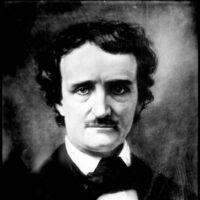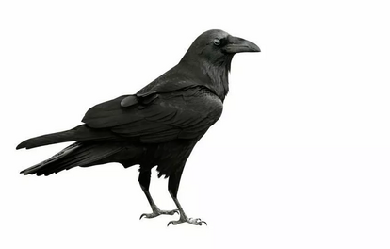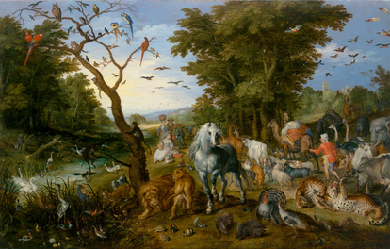The greater part of the Poems which compose this little volume, were written in the year 1821-2, when the author had not completed his fourteenth year. They were of course not intended for publication; why they are now published concerns no one but himself. Of the smaller pieces very little need be said; they perhaps savour too much of Egotism; but they were written by one too young to have any knowledge of the world but from his own breast.
In Tamerlane, he has endeavoured to expose the folly of even risking the best feelings of the heart at the shrine of Ambition. He is conscious that in this there are many faults, (besides that of the general character of the poem) which he flatters himself he could, with little trouble, have corrected, but unlike many of his predecessors, has been too fond of his early productions to amend them in his old age.
He will not say that he is indifferent as to the success of these Poems—it might stimulate him to other attempts—but he can safely assert that failure will not at all influence him in a resolution already adopted. This is challenging criticism—let it be so. Nos hæc novimus esse nihil. 11. The last sentence is from the 13th book of Martial, epigram 2, line 8. It is translated as “I myself know the unimportance of this.”






